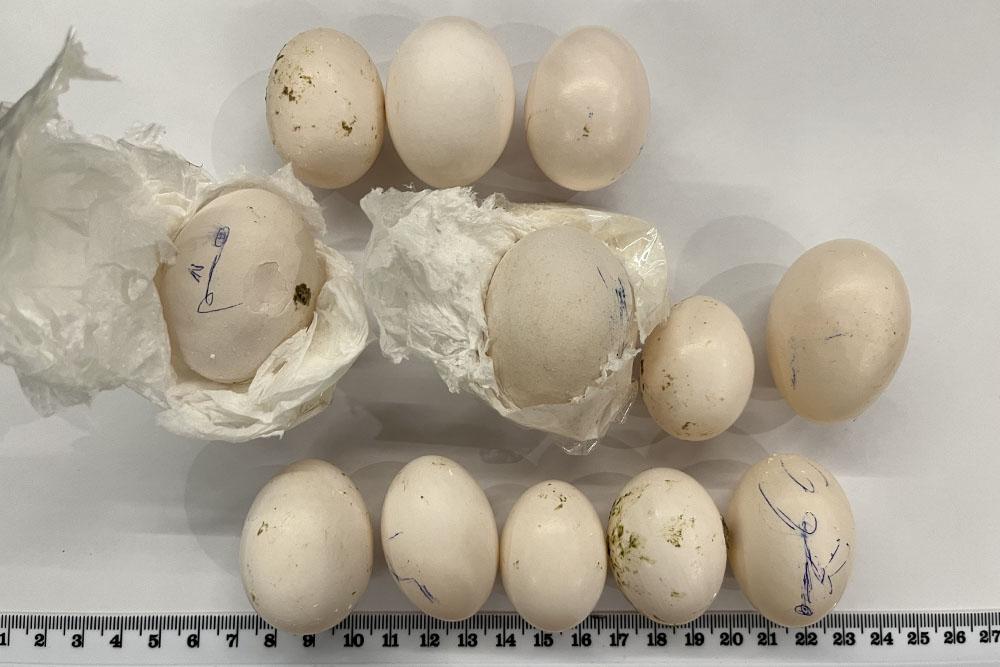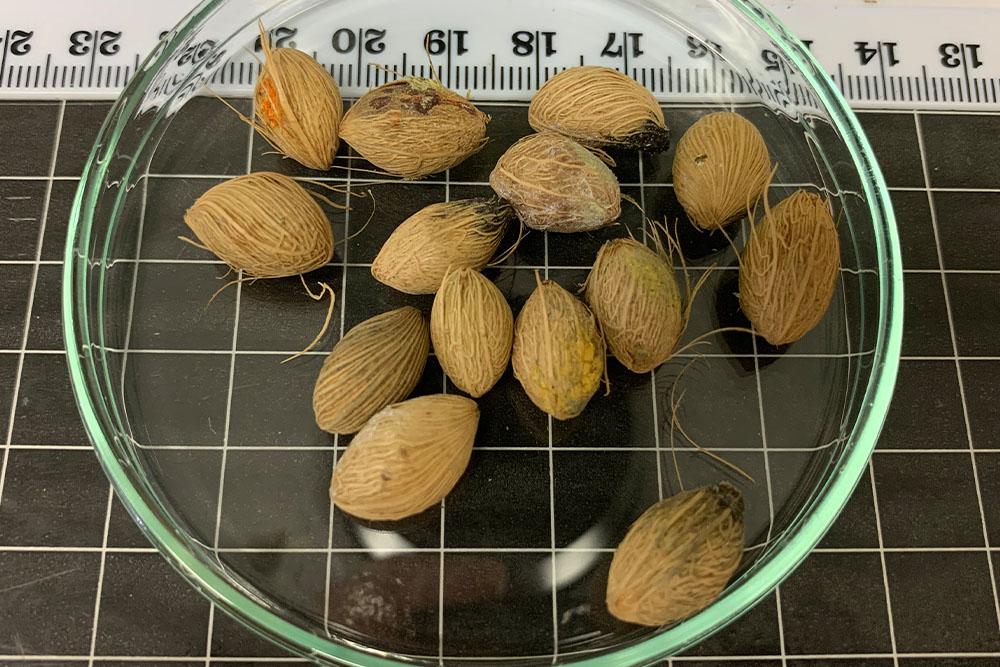The Australian Government has kicked off a new $1.4 million capacity enhancing project in Indonesia, providing Australian expertise in-country, to assist in the fight to control foot-and-mouth disease (FMD) and lumpy skin disease (LSD).
A departmental veterinary officer will be seconded to the United Nations Food and Agriculture Organization (FAO) office in Indonesia in June 2023, to provide a ready conduit between Indonesian and Australian experts.
The project represents a step up in integrating Indonesian, international and Australian efforts in what will be a long-term response effort.
Australia’s Chief Veterinary Officer, Dr Mark Schipp said the project would be delivered by the FAO in partnership with the Indonesian Ministry of Agriculture (MOA) operating out of the MOA offices in Jakarta.
“LSD and FMD present the most significant threats to Australia’s biosecurity integrity in decades. Providing on-ground technical support in Indonesia will help to mitigate the risks of the disease spreading in the region,” Dr Schipp said.
“This project will improve the ability to detect, control and prevent FMD and LSD in Indonesia and strengthen the capacity of national and local governments to arrest the further spread of these diseases.
“It will also allow livestock farmers and stakeholders to use best practices for prevention and control of FMD and LSD and improve communications between the Indonesian government and farmers.
“Australia remains free from both FMD and LSD. But it is critical we continue to support our close neighbours to prevent or respond effectively to these diseases which can have a devastating effect on their food security and economic wellbeing.
“Helping our close neighbours in this way also has a flow-on protective effect to Australia and other countries in our region.
“Our strong partnerships with countries such as Indonesia, Papua New Guinea and Timor-Leste is providing an opportunity for us to work together on issues of regional concern and also helps to safeguard our respective agriculture sectors and the industries on which they rely.
“This is one more way we are working to make sure our biosecurity system continues to protect the prosperity of our farmers, producers, and rural communities.”
The project, funded via the Department of Foreign Affairs and Trade, is part of the $10 million biosecurity support package for Indonesia jointly announced by Minister Watt and the Minister for Foreign Affairs in August 2022.
The Australian Government has committed to investing in new, long-term biosecurity investment to protect Australia from exotic diseases.
This funding has seen extra frontline biosecurity officers employed, the donation of four million doses of FMD vaccines to Indonesia, the redeployment of detection dogs to northern airports and the introduction of sanitation foot mats at all international airports with flights from Indonesia.
Fast facts:
- In 2021, beef and veal were Australia’s second largest agricultural export (totalling $9 billion in value), while feeder cattle were Australia’s tenth largest agricultural export (totalling $1 billion in value).



